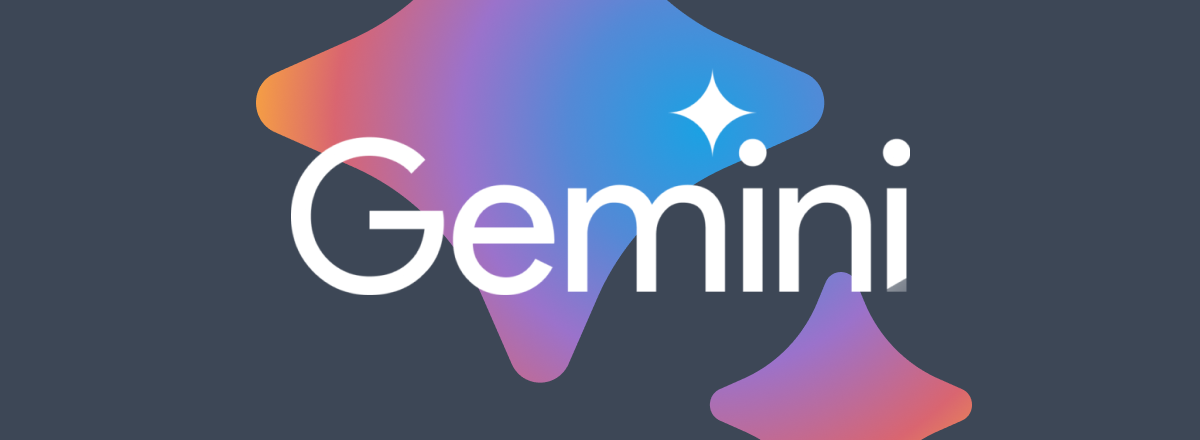Google has unveiled Gemma, a new family of open AI models designed to empower developers and researchers in the field of artificial intelligence. Developed by the team at Google DeepMind, Gemma harnesses the same cutting-edge technology used in the creation of the company's Gemini models.
We have a long history of supporting responsible open source & science, which can drive rapid research progress, so we’re proud to release Gemma: a set of lightweight open models, best-in-class for their size, inspired by the same tech used for Gemini https://t.co/0aVehuXila pic.twitter.com/rCZNL77Jy1
— Demis Hassabis (@demishassabis) February 21, 2024
Unlike its larger counterpart Gemini, Gemma comes in two smaller variants: Gemma 2B and Gemma 7B. These models offer greater accessibility and flexibility, allowing them to be easily deployed on laptops. Available through platforms like Kaggle, Hugging Face, Nvidia's NeMo, and Google's Vertex AI, Gemma supports advanced features like RAG, enabling seamless integration with various devices and cloud systems.
While Gemini remains a proprietary closed model, Gemma represents Google's commitment to open collaboration and innovation in the AI community. By providing developers with open access to Gemma, Google aims to foster greater experimentation and advancement in AI applications.

One of Gemma's key strengths lies in its performance. Despite its smaller size, Gemma models boast impressive capabilities, outperforming larger models on critical benchmarks. Google emphasizes Gemma's suitability for a wide range of language-related tasks in English, from simple chatbots to more complex summarization tasks.
In addition to its technical prowess, Google has prioritized safety and responsibility in the development of Gemma. The company has introduced the Responsible Generative AI Toolkit, equipping developers with essential tools and guidelines for creating secure and ethical AI applications.














